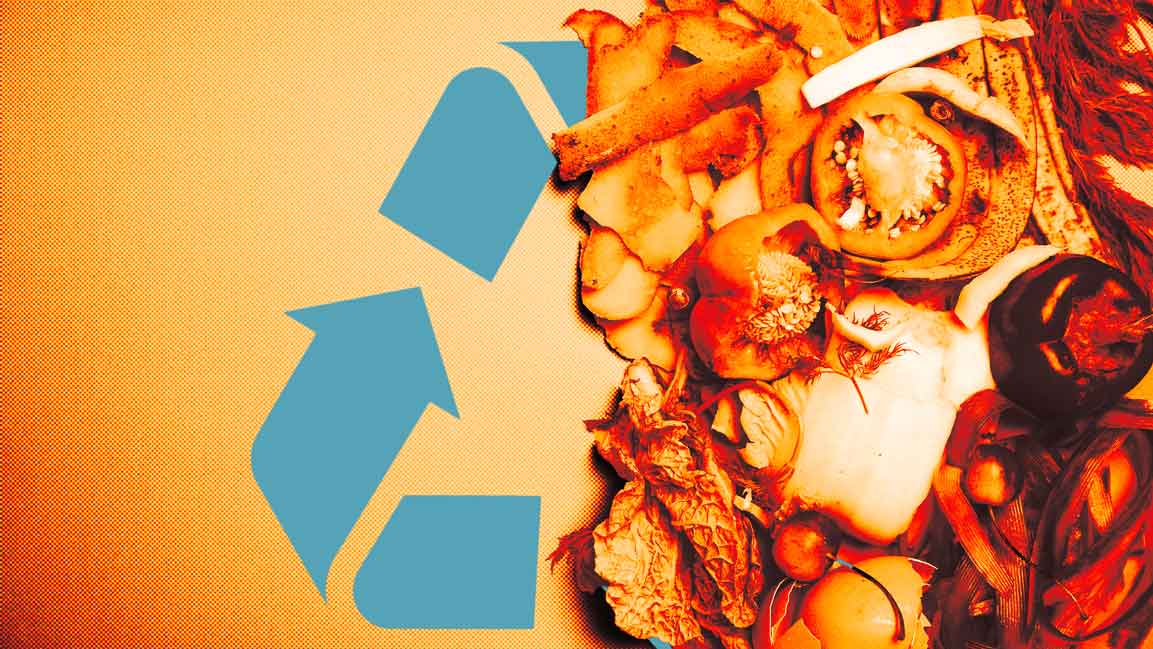- | 1:00 pm
KAUST develops biotechnology to turn spoiled food into valuable industrial products
The technology repurposes expired dairy and fruit drinks into chemical compounds used in animal feed, aviation fuel, and pharmaceuticals.

King Abdullah University of Science and Technology (KAUST) has unveiled a new biotechnology that converts spoiled food waste into commercially valuable products. This technology supports Saudi Arabia’s broader push toward environmental sustainability and a circular economy.
Professor Pascal Saikaly explained that the technology repurposes expired dairy and fruit beverages into chemical compounds used across industries such as animal feed, aviation fuel, and pharmaceuticals. He emphasized that expired food should not be seen as waste, but as a resource with significant economic potential.
The research team—comprising Assistant Professor Dr. Bin Bian from Nanjing University, Research Scientist Dr. Hari Ananda Rao, and Senior Research Scientist Dr. Krishna Katuri – developed a process that converts waste into short- and medium-chain carboxylic acids (SCCAs and MCCAs). These compounds have a wide range of industrial applications, including producing polymers, cosmetics, and soaps.
Professor Saikaly noted that SCCAs are valued at about $300 per ton, while MCCAs can fetch nearly ten times more. The process, he added, effectively transforms waste into valuable products without relying on external chemical additives.
KAUST has already launched a pilot program in collaboration with several Saudi dairy and beverage companies, which supply more than 500 liters of expired products weekly for testing.
The research team has also developed a method to extract casein protein from the waste—a key ingredient in fish and poultry feed—helping reduce production costs and strengthen national food security. Feed currently accounts for around 70% of expenses in these industries, much of which depends on imports.
The technology’s modular design enables easy integration into existing factory operations. It allows on-site waste processing that cuts emissions and reduces operating costs by eliminating the need for transport.
Dr. Katuri noted that combining dairy and fruit waste creates an optimal chemical mix for microbial processing. “This is because the lactose sugar found in dairy and the fructose and sucrose sugars in fruit juices complement each other for the microbial chain elongation. Thus, the KAUST recycling technology needs no additional chemicals to recycle the waste.”
This project is part of a broader KAUST initiative focused on turning waste into high-value products, contributing to Saudi Arabia’s transition toward a sustainable, net-zero carbon economy.































